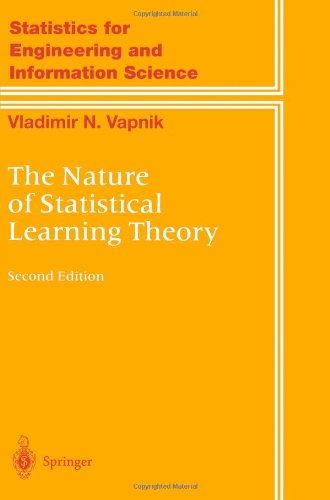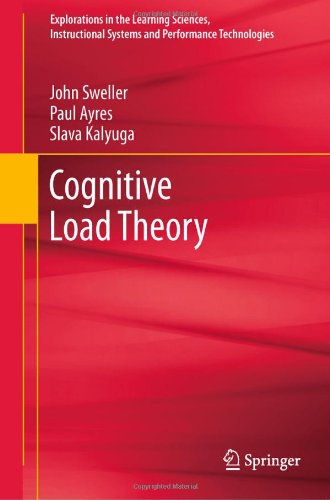The Nature of Statistical Learning Theory (Information Science and Statistics) Review

The aim of this book is to discuss the fundamental ideas which lie behind the statistical theory of learning and generalization. It considers learning as a general problem of function estimation based on empirical data. Omitting proofs and technical details, the author concentrates on discussing the main results of learning theory and their connections to fundamental problems in statistics. This second edition contains three new chapters devoted to further development of the learning theory and SVM techniques. Written in a readable and concise style, the book is intended for statisticians, mathematicians, physicists, and computer scientists.


